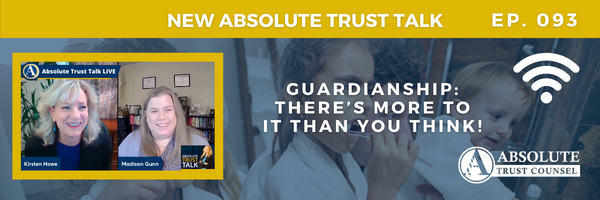Death is a topic many of us prefer to avoid, but as responsible adults, planning for the future includes considering what will happen to our assets when we’re no longer around. US Savings Bonds are a common investment choice for many Americans due to their low risk and reliability. However, what happens to these bonds after the bondholder passes away is a question that often arises.
US Savings Bonds are considered non-transferable securities, meaning they cannot be transferred to another individual while the bondholder is alive. However, upon the bondholder’s death, handling these bonds varies depending on how they were registered and the estate planning measures put in place.
Firstly, it’s crucial to understand the different ways in which US Savings Bonds can be registered. Bonds can be registered in the name of an individual, in the name of a trust, jointly with another person, or in the name of a beneficiary. If the bonds are registered solely in the deceased individual’s name, the bonds become part of the decedent’s estate and are subject to the probate process.
During probate, the court oversees the distribution of the deceased person’s assets according to their will or state law if there’s no will. In the case of US Savings Bonds, the executor or administrator of the estate is responsible for identifying and inventorying all assets, including savings bonds. The bonds will then be transferred to the rightful heirs or beneficiaries as specified in the will or determined by intestate succession laws if there’s no will.
In California, if you have a trust but fail to retitle your savings bonds so that they are still only in your name alone, there is a different probate threshold for bonds. Typically, assets not in a trust, joint titling, or having a beneficiary designation that adds up to $184,500 would have to go through a probate. Because US Savings Bonds are federal assets, they do not have to abide by the California Probate Code. The threshold for US savings bonds must go through probate is $100,000 or more. Suppose the bonds are less than $100,000. In that case, there is paperwork that can be completed with the Department of Treasury to avoid probate, provided there will not be a probate due to other assets causing the $184,500 threshold to be met in California.
If the bonds are jointly registered with another individual, such as a spouse or child, ownership of the bonds typically passes directly to the surviving co-owner upon the death of one owner. To redeem or re-register the bonds in their name, the surviving co-owner must provide proof of death, such as a death certificate.
Additionally, US Savings Bonds can be registered with a beneficiary. In this case, the bonds automatically pass to the designated beneficiary upon the death of the bondholder without going through probate. The beneficiary must provide the necessary documentation to redeem or re-register the bonds in their name.
It’s essential for bondholders to review and update their beneficiary designations regularly to ensure that their savings bonds are distributed according to their wishes. Failure to designate a beneficiary or keep beneficiary information current can result in complications and delays in transferring ownership of the bonds. If you still hold paper savings bonds, you can register them online at treasurydirect.gov to ensure their proper titling or designation of beneficiaries. Additionally, if you have paper bonds and lose them, there is a penalty for requesting replacement bonds, approximately 3% of the value of the bond. If you are unsure if you still own bonds or if a deceased loved one owns bonds, you can search here: https://www.treasurydirect.gov/savings-bonds/treasury-hunt/.
In summary, the fate of US Savings Bonds after the bondholder’s death depends on how the bonds are registered and whether there is a designated beneficiary. Proper estate planning, including updating beneficiary designations and understanding the probate process, can help ensure a smooth transition of assets to heirs or beneficiaries. While discussing these matters may be uncomfortable, it’s necessary to plan for the future and ensure that loved ones are cared for after we’re gone. Please consult your bonds with your estate planning attorney today.
Secure your financial legacy. Learn what happens to US Savings Bonds after you pass away. Equip yourself and your loved ones with the essential information to plan for the future. Start preparing today for peace of mind tomorrow.
[AD] Estate planning addresses many important factors about your future and legacy. Where do you get started if you don’t have an estate plan in place? If you do, how have new laws and life transitions changed? Will your plan still protect you? Regardless, you deserve to have control over your wants, needs, goals, and hopes for the future. We can help you understand your options and, legally, how you will best be protected at all touchpoints. Get started today by scheduling a free discovery call so we can discuss your needs. Visit https://absolutetrustcounsel.com/scheduling/ or call us at (925) 943-2740.






